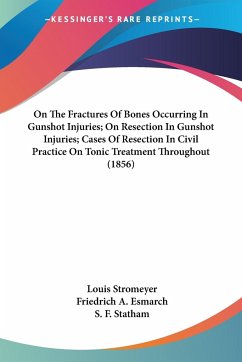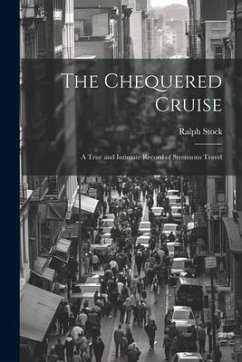
Intimate Fractures
The Aftermath of a Rape
Versandkostenfrei!
Versandfertig in über 4 Wochen
15,99 €
inkl. MwSt.
Weitere Ausgaben:

PAYBACK Punkte
8 °P sammeln!
In 1963, Mustafa, a male Palestinian Duke University foreign student, attended a political rally in Durham, North Carolina. While walking to the event, three men viciously attacked him and then raped him. In the days after the attack, the trauma causes him to withdraw from his girlfriend and seek a fresh start. He began the long cross-country walk to Stanford University, where previously he had been accepted. During his travel, Mustafa faced many joys and challenges as he met with injury, hospitality and kindness, friendship, felonies, racism, and, of course, love. He met farmers, internationa...
In 1963, Mustafa, a male Palestinian Duke University foreign student, attended a political rally in Durham, North Carolina. While walking to the event, three men viciously attacked him and then raped him. In the days after the attack, the trauma causes him to withdraw from his girlfriend and seek a fresh start. He began the long cross-country walk to Stanford University, where previously he had been accepted. During his travel, Mustafa faced many joys and challenges as he met with injury, hospitality and kindness, friendship, felonies, racism, and, of course, love. He met farmers, international criminals, and, incredibly, a Palestinian-American Polygamist family. Through his adventures and misadventures, he experienced the full range of human emotion, but learned that the biggest challenge was within himself. Could he reconcile his bodily desires with his wounded self-image and become a true partner to the woman he loved?













